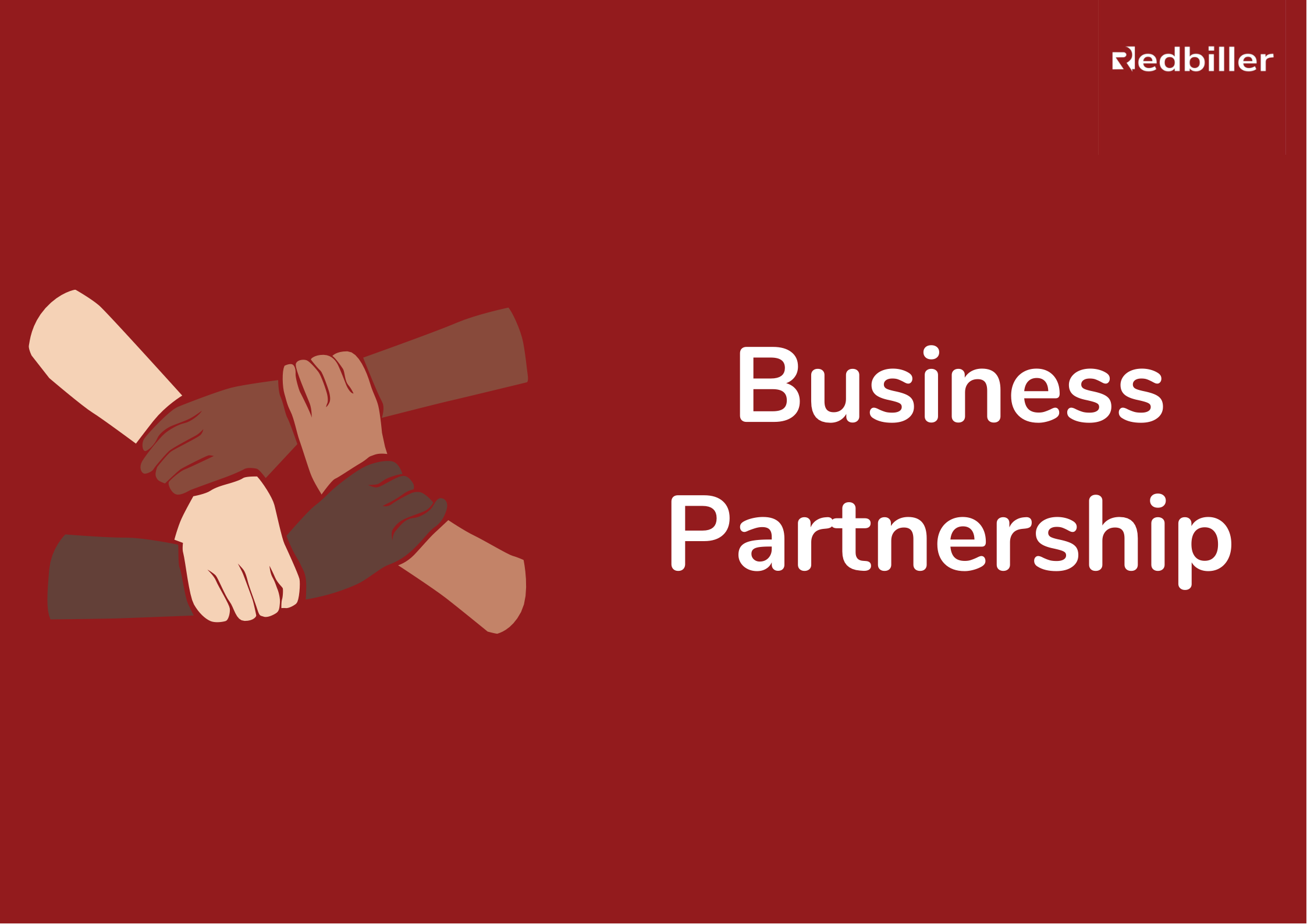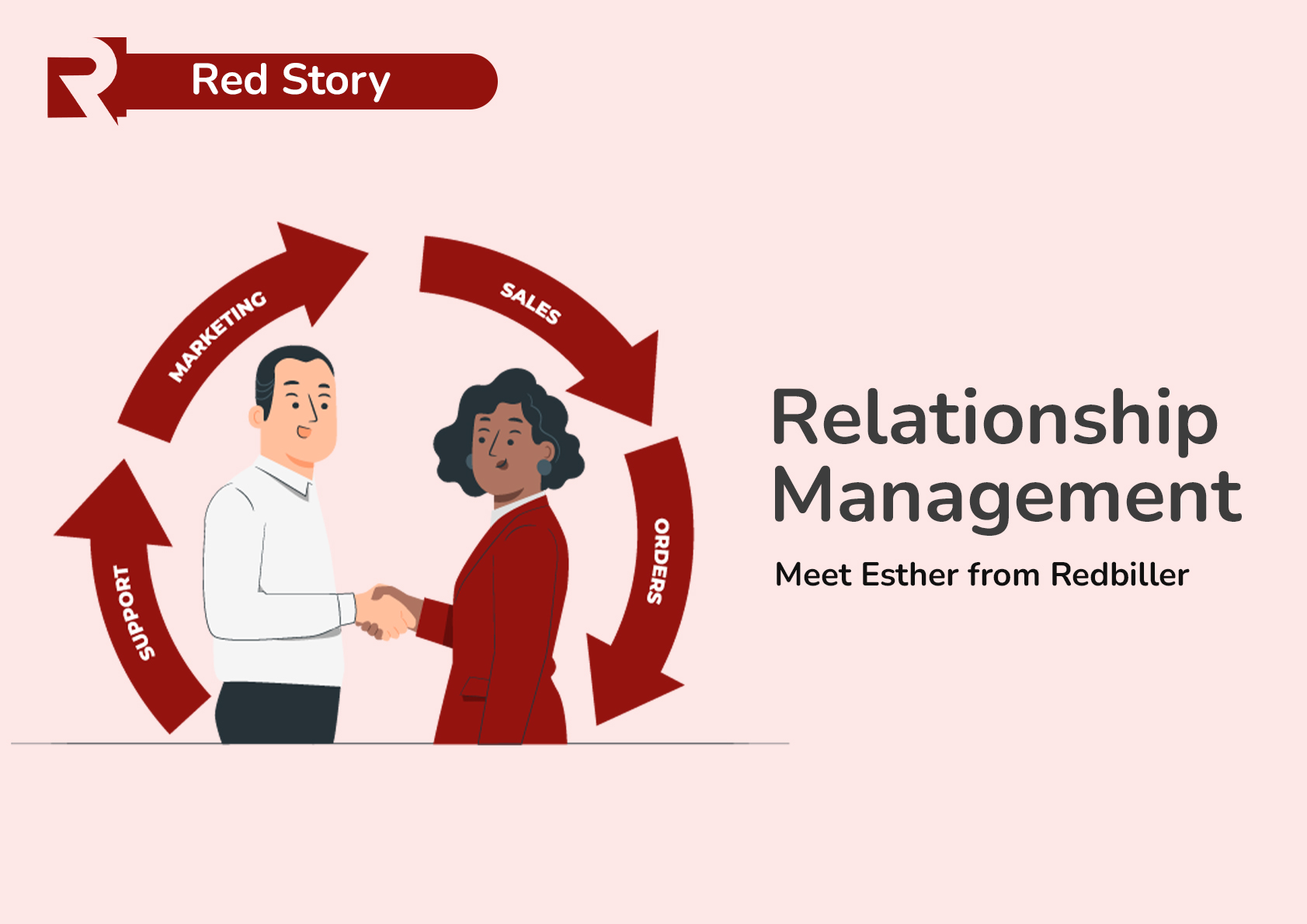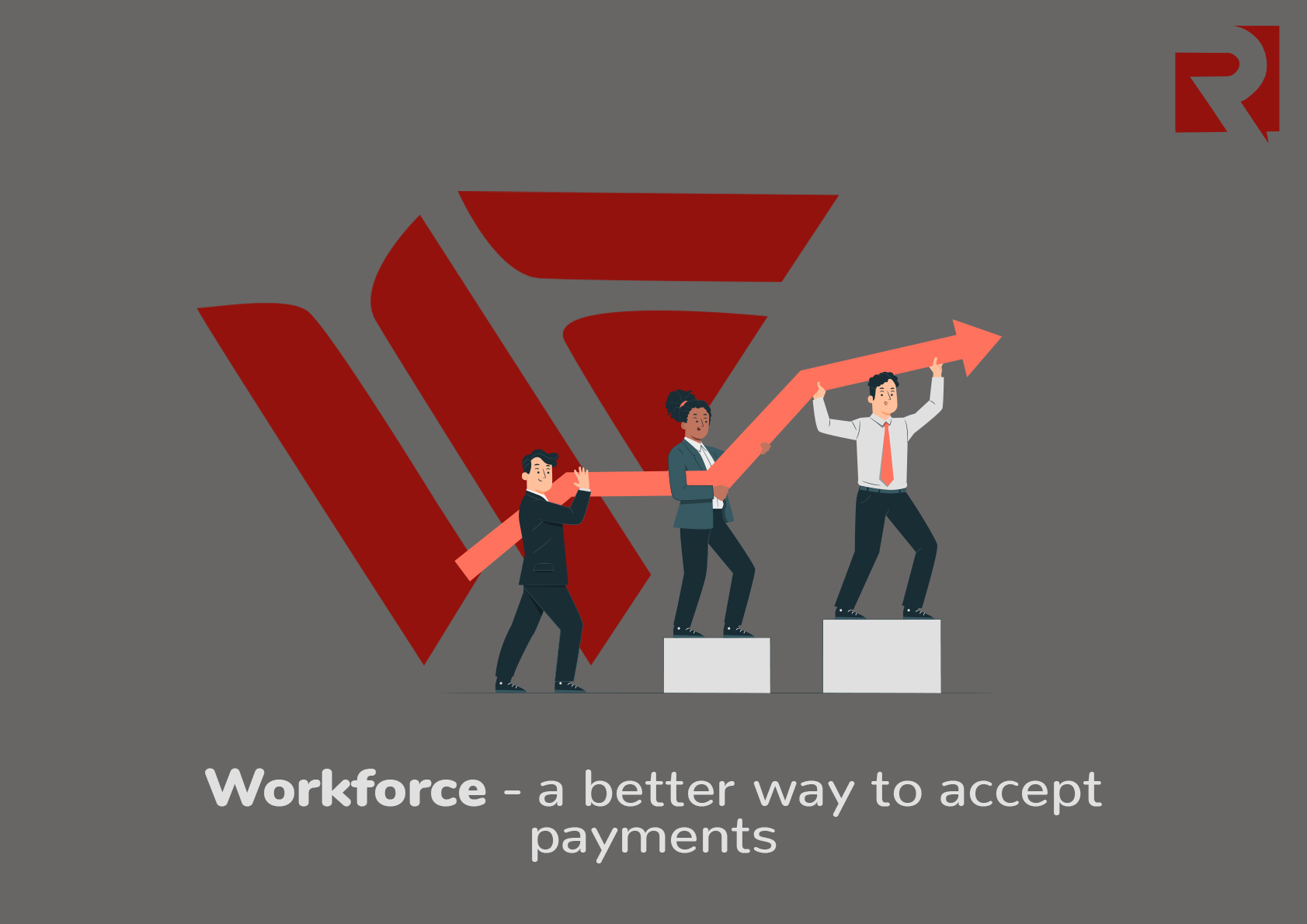When fantasizing about setting up a business, Partnership is a reality we are quick to dismiss. We somehow keep thinking we can do it alone until it's time to start. And because of this, many people have had a last-minute or situational partnership that did not turn out well for the business.
Partnership involves building a shared vision together. And when someone joins you last minute, they are not likely to share that vision or the desire to achieve it.
What is Partnership?
Partnership is an agreement between two or more parties to manage and operate a business in which each party has equal or stake ownership. Each partner invests in the company and shares in the profits and losses of the company. A partnership is a legal relationship in which responsibilities and expectations are pre-defined and agreed upon.
We are way past the era of the industrial revolution. The world is much more demanding, and the market is much more competitive. We are at a time when the two head analogy could not have been more relevant. And partnerships have become almost inevitable in operating and financing a business.
But, before venturing into a partnership, it is imperative that you understand the types of partnerships and how they work.
Types of partnerships
There are three types of partnerships, and each is defined by the responsibilities it hands out to the partners.
General partnership (GP): this is a partnership in which partners equally share all legal and financial liability. It also involves all partners playing active roles in the daily operations of the business.
Limited partnership (LP): this is a partnership that involves a general partner who manages the daily operation of the business and bears the liability of the business. And a limited partner who is not involved in business operations and whose liability is limited to the amount invested. This limited partner is also known as the Silent partner.
Limited Liability Partner (LLP): this is a partnership in which all partners have limited liability and are protected from any liability resulting from the other partners. This partnership is usually formed by professionals of the same category as it protects other partners from the woes of the other. If one partner is sued for malpractice or fraud, the other partners bear no liability.
Why Partnership?
Although this has been implied above, it is helpful that we look at tangible reasons why a partnership is not a bad call.
Resources: it is easier when two or more partners are pulling resources together to kickstart the company. There will be enough resources to work with, and one partner can easily cover up for the lapses of the other.
Business credibility: two or more people coming together to create and run a company requires a level of trust, and people know this. Somehow this helps people trust your brand too. In the business, the little things matter.
Customer Acquisition: with each partner throwing their weight and influence in, the business will surely be kicking off with more customers.
Stability: running a business is a full blow circle of up and down moments. Partners will encourage, challenge, and cover up for each other to ensure that the business keeps running and growing.
One of the reasons people shy away from partnership is the fact that they will not be sole owners and possibly final decision-makers of the company. They keep trying to do it on their own, forgetting that fulfilment only comes with compromise and sacrifice.



